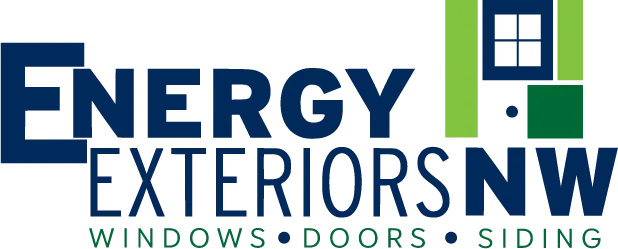
By Erin Ennis
Special to At Home in the Northwest
Published by The Seattle Times
Q: Is an energy evaluation of my home worth my time?
A: Depending on where you live, the age of your home, and how you use and receive energy, knowing how efficient your energy use is can potentially save you money on cooling and heating bills. Features such as windows and doors, lighting and electronics can make a big impact on energy efficiency.
Most of us have been spending more time at home as a result of COVID-19, giving us the opportunity to reflect, clean, evaluate budgets, and consider home improvement projects. One often-forgotten item on that list should be checking your home’s energy efficiency.
DIY or go with a pro?
Home energy evaluations can be done on your own, using guidelines from sources such as your utility service providers. Or you can hire a professional to perform one. Either way, home energy assessments evaluate your home’s current energy consumption and identify energy efficiency measures.
Poorly performing windows and doors are among of the main reasons for energy loss — sometimes as much as 30% — so an energy evaluation will often start there. Not taking proactive energy efficiency measures can feel as if you’re throwing money right out the window.
Besides cutting your utility bills and reducing energy loss, new windows and doors can help control moisture in your home, improve your home’s curb appeal, and increase the value of your home. And if you install new windows and doors this year, you may be able to take advantage of tax credits to bring down the cost of your project. Federal tax credits for these and other home improvement projects have been extended until Dec. 31.
Be sure to consider energy performance ratings as you shop around. Look for Energy Star labels or visit energy.gov for information on performance ratings. Choose the most efficient windows and doors you can afford and those that work best in your climate.
Always work with an experienced installation team; windows and doors need to be installed according to manufacturer’s instructions, otherwise your warranty may be void. Using recommended flashing and caulking methods also provides maximum energy efficiency and prevents uncomfortable drafts.
Reduce, reuse, repair
If your existing windows and doors are in good condition, an energy evaluation may instead give you guidance on how to reduce energy loss and improve the overall performance of your windows and doors.
Saving energy may be as simple as adding shade protection to the interior or exterior of your home. Guidance may also include checking each window for air leaks and operation issues. Look for moisture, condensation or other signs of mold on and around your windows and windowsills.
Regularly check caulking, as well, as failed seals between glass panes can fog window surfaces. Failing windows don’t just lead to costly utility bills — a lack of moisture control can negatively impact your family’s health.
Aside from suggestions for maintaining windows and doors, an energy evaluation can identify energy efficiency issues with other items, such as insulation, ventilation, heating and cooling systems, lighting and appliances. Many of these suggestions will be simple fixes that don’t have to be costly.
In short, yes, it’s worth the time to do an energy evaluation to keep your bills low, your home safe and your family healthy.
Erin Ennis is the owner of Energy Exteriors NW, a member of the Master Builders Association of King and Snohomish Counties ( MBAKS ), and HomeWork is the group’s weekly column. If you have a home improvement, remodeling or residential homebuilding question you’d like answered by one of the MBAKS’s more than 2,700 members, write to [email protected].
Erin Ennis
Click Here To View The Article From the Seattle Times
The post Seattle Times Article- To Save Energy At Home, Check Your Windows And Doors appeared first on Energy Exteriors NW.

